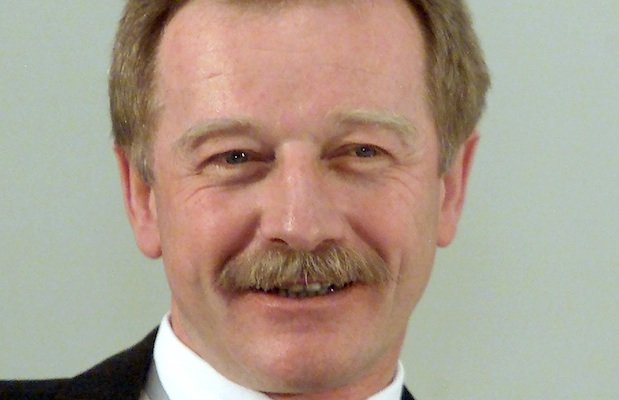ECB’s Mersch pushes for a single system and stricter rules for bank control

ECB executive board member Yves Mersch has spoken this afternoon on new approaches to banking which tighten controls and strengthen supervision.
Mersch started off by highlighting weak growth and high unemployment but notes than positives have started to emerge, with the Eurozone realising that collective stability requires deeper integration.
Two elements are needed for genuine regime change, said Mersch: first, building a single system for banking supervision and second, for a stricter system (this comes shortly after the European Commission's announcement that it's to regulate Eurozone members' budgets before they're seen fully be the relevant parliament).
Mersch then outlined a new approach to supervising banks: a three-pronged approach of risk assessment to assess broad risk factors, a balance sheet assessment to review asset quality and a stress test for adverse situations.
The single supervisory mechanism (SSM) is the new rulebook, Mersch explains, for banks across Europe, and is enforceable as part of the Capital Requirements Directive. The rulebook is intended to ensure the same standards across the Banking Union and, through harmonisation with the European Banking Authority, across the EU as a whole.
When it comes to decision making, Mersch continued, centralised regulation will be strengthened by integrating the European and national levels of supervision. An innovation in the form of Joint Supervisory Teams – composed of staff from the ECB and national authorities – will mean a team for each banking group under direct supervision and management of the SSM. This, Mersch says: "guarantees a collective approach and ensures that there will always be a European element in the decision-making. Indeed, the final responsibility for decisions will rest with the ECB."
In addition to bringing different country regulators together, the ECB will be hiring around 1,000 new staff, about 750 of which will be involved in supervision, meaning a major organisational challenge. SSM regulation is anticipated to enter into force at the beginning of November.
The SSM's organisational structure will contain four divisions each responsible for a different element and stage of supervision.
The speech ended with Mersch reiterating that emphasis must be placed on the need to ensure a single system, and willingness of policy makers to use rules and regulations in a strict manner.